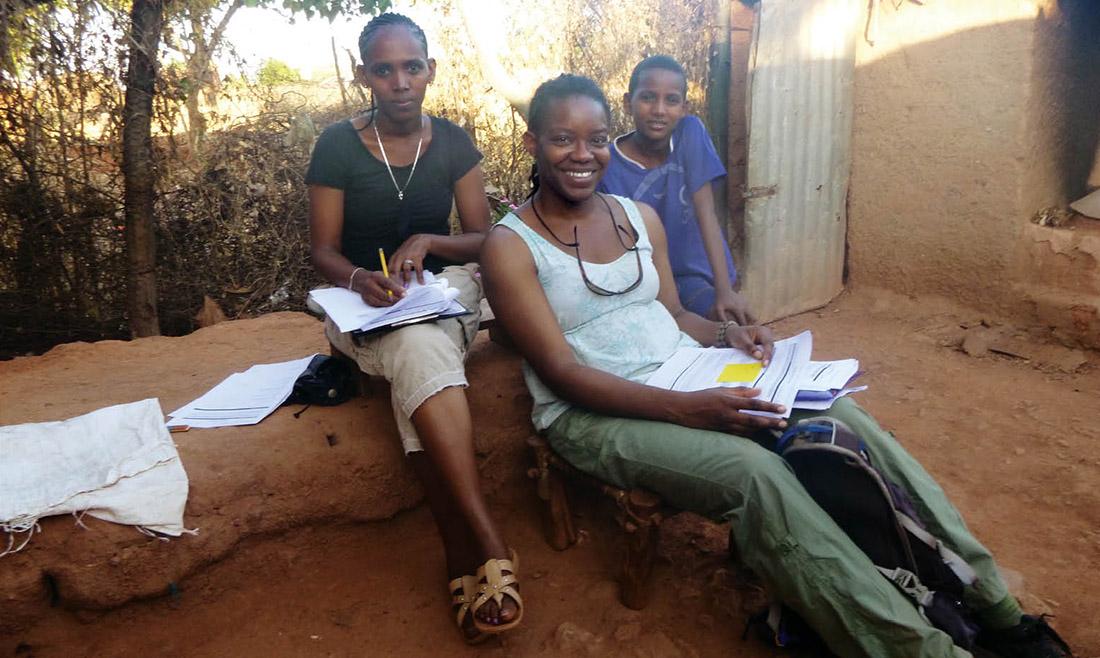
Dr. Rachel Idowu spent five weeks in Africa last summer assisting the Ebola outbreak response in Monrovia, Liberia’s capital and most populous city.
After residency training at Vanderbilt in general surgery, Idowu received a Vanderbilt master of public health degree in 2014 and now has a global health post with the Centers for Disease Control and Prevention, helping countries with limited resources organize and restructure their public health systems.
When Idowu traveled to Monrovia last August for the CDC’s Division of Global Health Protection, she already had worked extensively in Africa. She arrived in a country still recovering from civil war.
She worked with health officials to improve data flow, the coordination of teams sent out to find Ebola cases, and the effectiveness of teams taking suspected cases to isolation facilities. She also worked with the Liberia National Dispatch Center, essentially the “911” for the country.
During the prior two years, Idowu trained with the CDC’s Epidemic Intelligence Service, where she was assigned to the Emergency Response and Recovery Branch. “The distinction between an Ebola epidemic and a typhoon or earthquake is considerable, but whenever you have a huge swath of your population that’s impacted all at once by a problem, some of the same problems arise,” she says.
Since returning from Liberia in September, she has advised health authorities in Ghana and Zambia, and has visited Ethiopia twice to assist African Union planning for a continent-wide public health authority along the lines of the CDC.
Idowu offers this advice to students pursuing a global health career: “Learn another language. Learn two or three if you can.”
—PAUL GOVERN